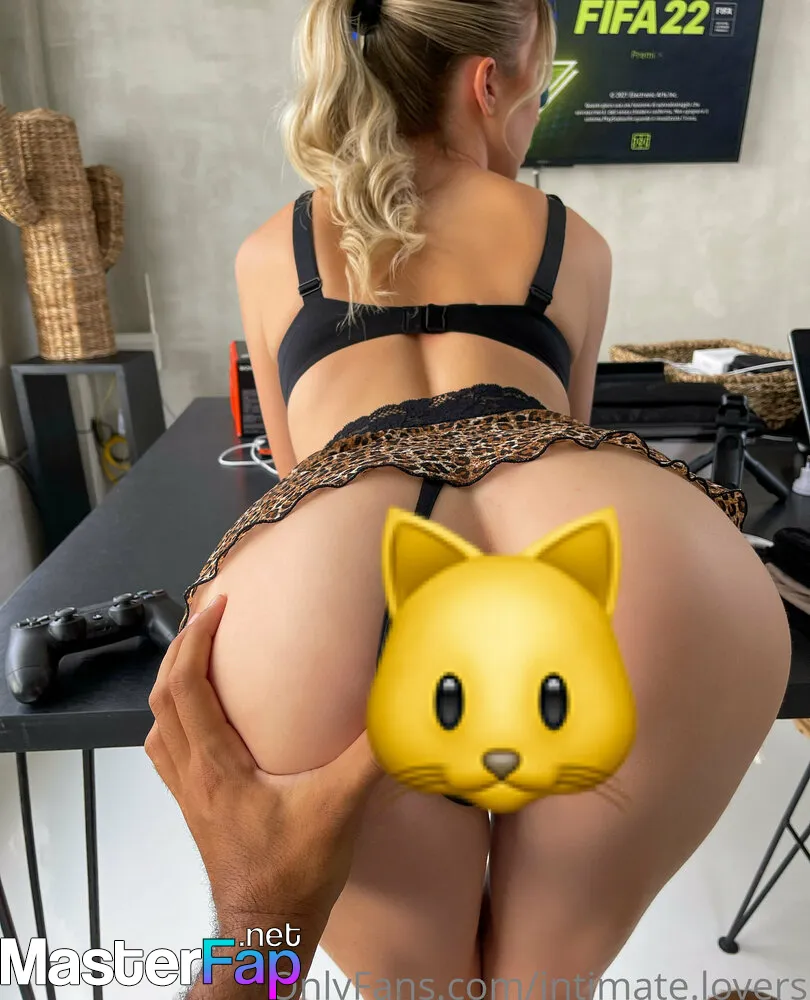In the digital age, the way we connect with others has evolved. Social media has blurred the lines between fans and creators, turning one-sided admiration into something that feels a lot more personal. This phenomenon is known as a parasocial relationship—a type of emotional bond where one person invests deeply in someone who doesn’t even know they exist.
With the rise of platforms like OnlyFans, this type of connection has taken on a new form. The content is often intimate, the access more direct, and the communication can feel one-on-one. But where does admiration stop and blurred boundaries begin?
Let’s explore how parasocial relationships develop on OnlyFans and what that means for creators and their fans.

What Are Parasocial Relationships?
Parasocial relationships were first studied in the 1950s. They described how audiences developed emotional attachments to television personalities. Back then, these relationships were limited by the screen. There was no way to directly interact with a celebrity or show host.
Today, things are different. Platforms like Instagram, TikTok, YouTube, and OnlyFans allow fans to interact directly with content creators. Fans can send messages, receive replies, and even pay for personalized content. This level of access makes parasocial relationships feel more “real” than ever.
Why OnlyFans Amplifies Parasocial Bonds
OnlyFans is a subscription-based platform where creators offer exclusive content—often adult in nature—for paying subscribers. What sets it apart is the level of perceived intimacy it fosters.
Direct Access Feels Personal
Unlike traditional celebrities, OnlyFans creators often reply to messages, take content requests, or even offer private chats. To fans, this feels like a genuine relationship.
Even though the interaction is transactional, consistent communication can build emotional attachment. Fans may feel seen, heard, and valued, which fuels the illusion of a deeper bond.
The Illusion of Intimacy
Content on OnlyFans often includes behind-the-scenes glimpses, candid photos, and real-time updates. It gives fans a sense that they “know” the creator on a personal level. For some, this becomes more than admiration—it starts to feel like love or friendship. But it’s important to remember that this intimacy is curated. Even top Latina OnlyFans creators choose what to share. Just because the content feels real doesn’t mean the relationship is mutual.
When Parasocial Becomes Problematic
Parasocial relationships are not inherently harmful. Many people form healthy attachments to public figures or creators. However, when the line between admiration and obsession gets blurred, problems can arise.
Unrealistic Expectations
Some fans may begin to expect more from a creator than what was ever promised. They might feel entitled to constant replies, exclusive attention, or deeper emotional connections. When those expectations aren’t met, feelings of rejection, jealousy, or even anger can surface.
This can be especially hard on creators who are simply doing their job, not seeking real-life emotional involvement with every subscriber.
Emotional Dependency
For some users, their OnlyFans subscriptions may become a source of emotional support. They might turn to creators for comfort, validation, or companionship. While this can temporarily ease loneliness, it often replaces real-life social connections with fantasy.
This emotional dependency can affect mental health, self-worth, and the ability to form balanced relationships offline.
Boundary Violations
In extreme cases, fans may try to cross boundaries. This could be in the form of inappropriate messages, trying to meet creators in person, or stalking behaviors. What started as admiration can spiral into a lack of respect for personal space and safety.
What Creators Can Do to Set Healthy Boundaries
Creators aren’t responsible for how fans feel, but they can take steps to protect their emotional well-being and safety.
Be Clear About Your Role
It helps to set the tone early on. Let fans know the nature of your content and your communication style. Being honest about what you offer—and what you don’t—can reduce misunderstandings.
Limit Personal Disclosure
While being “authentic” is part of building a brand, creators don’t owe fans every detail of their lives. Keeping certain aspects private helps maintain emotional separation and protects personal safety.
Use Automated Tools Wisely
OnlyFans offers tools to automate messages or set boundaries around communication. These tools can create structure and prevent creators from feeling overwhelmed by constant interaction.

Prioritize Mental Health
Dealing with emotionally invested fans can be draining. It’s important for creators to have support systems in place, whether that’s friends, therapy, or online communities of fellow creators.
What Fans Should Keep in Mind
If you’re a fan, it’s okay to admire and support your favorite creators. But it’s just as important to stay grounded.
Recognize the Transaction
Subscribing to someone on OnlyFans is a business exchange. You’re paying for access to content, not a personal relationship. Keep your expectations realistic.
Don’t Take It Personally
If a creator doesn’t reply, doesn’t remember you, or doesn’t offer the level of attention you hoped for, don’t take it as rejection. Their job is to entertain, not to be your friend or partner.
Invest in Real-Life Connections
While parasocial relationships can offer comfort, they shouldn’t replace real friendships or romantic relationships. Try to balance your online interactions with meaningful offline connections.
Final Thoughts
Parasocial relationships on platforms like OnlyFans exist in a gray area. They can be harmless or even uplifting—but they can also cross into unhealthy territory if boundaries aren’t respected.
The line between admiration and emotional entanglement is thinner than it looks. For creators, setting boundaries is key. For fans, maintaining perspective is essential.
In the end, the healthiest online interactions are the ones where both sides understand the role they’re playing—and respect the line that keeps it balanced.